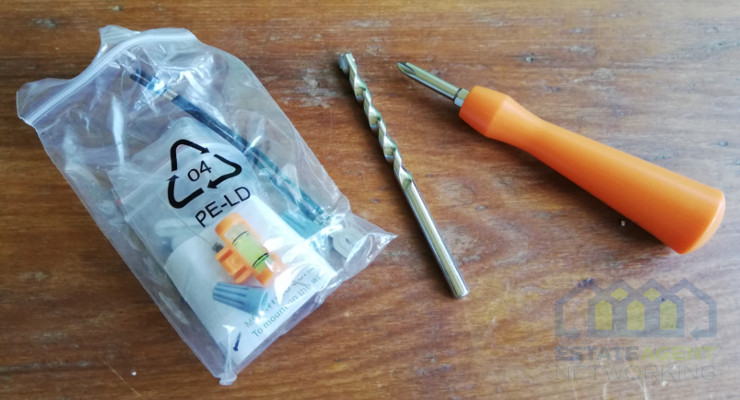The Advantages of Using Screws
In thousands of applications, screws are there to provide a distinct advantage. For the most part, though, we don’t even give these awesome little fasteners much of a second thought. For more reasons than you realize, it’s definitely something you should be giving at least a little thought to.
Using screws gives each project an inherent advantage whether you realize it or not. Whether it be small projects around the house or industrial applications, screws are going to make sure that everything is held together as sturdily as possible.
All Shapes & Sizes
Easily one of the best things about screws is they come in a huge array of sizes and shapes, which means they can be used for almost any application under the sun.
Different screw types come with different thread patterns, so with a little bit of research, you can wind up getting the one specifically designed to meet your need.
Concrete, sheet metal, drywall, and wood screws are all easily found. On top of that, choosing the right one ensures not only stability from the screw but reduces the chances of the material being screwed into winding up cracked or broken.
Resistant to Rust
Screws are prevalent in outdoor applications, so that means they need to be able to hold up against moisture and the elements, lest they rust. Since screws are oftentimes made of aluminum or stainless steel, they are able to hold up well against moisture.
Not only that, they tightly bond to the material, leaving little room for moisture to get in and play havoc. The haft of the screw is the sensitive part, and it is well protected by being embedded safely in the material (wood, metal, plastic, etc.).
Easily Removed (Mostly)
Unlike nails, which you have to either hammer out or pry using the claw of a hammer, screws are mostly easy to remove. Just grab your favorite drill and the appropriate bit and you can have a whole mess of screws pulled out in no time.
The one caveat is if the head of the screw has bottomed out. Basically, that means the bit you are using can’t grip and will just spin freely. You’ll have to drill a hole in the head to remove the screw at that point but that is a whole other can of worms to have to contend with.
Reusable
Any project, job, etc. comes with a budget. You go into the process with a set budget in mind and finding ways to stay within that number becomes hugely important.
If you have a project on the horizon, you can use some of your old stashed-away screws to get the job done.
So long as the threads haven’t been stripped or the head hasn’t been bottomed out, screws can be used again and again for similar purposes. You don’t really want to mix your different screw types, but you can generally get away with reusing your screws, saving you a few bucks in the process.
Great Strength and Holding Power
Even the tiniest of screws have been built to hold. Compared to nails, which can bend over time and exposure to regular force, screws will hold strong unless faced with extreme conditions. That kind of holding power keeps any joined surfaces holding as solidly as possible.
When using screws, you know that the screws will hold as long as the material they are being screwed into lasts. And when those materials wear down, you can use the old screws in a new application, getting even further use out of those already helpful screws.









